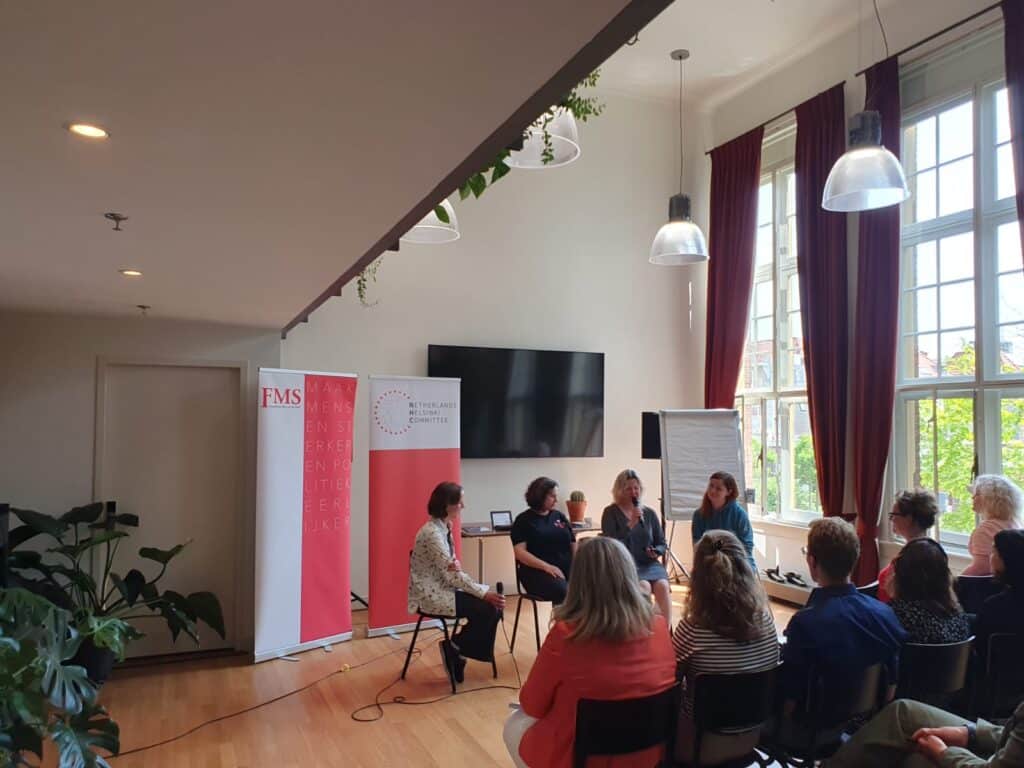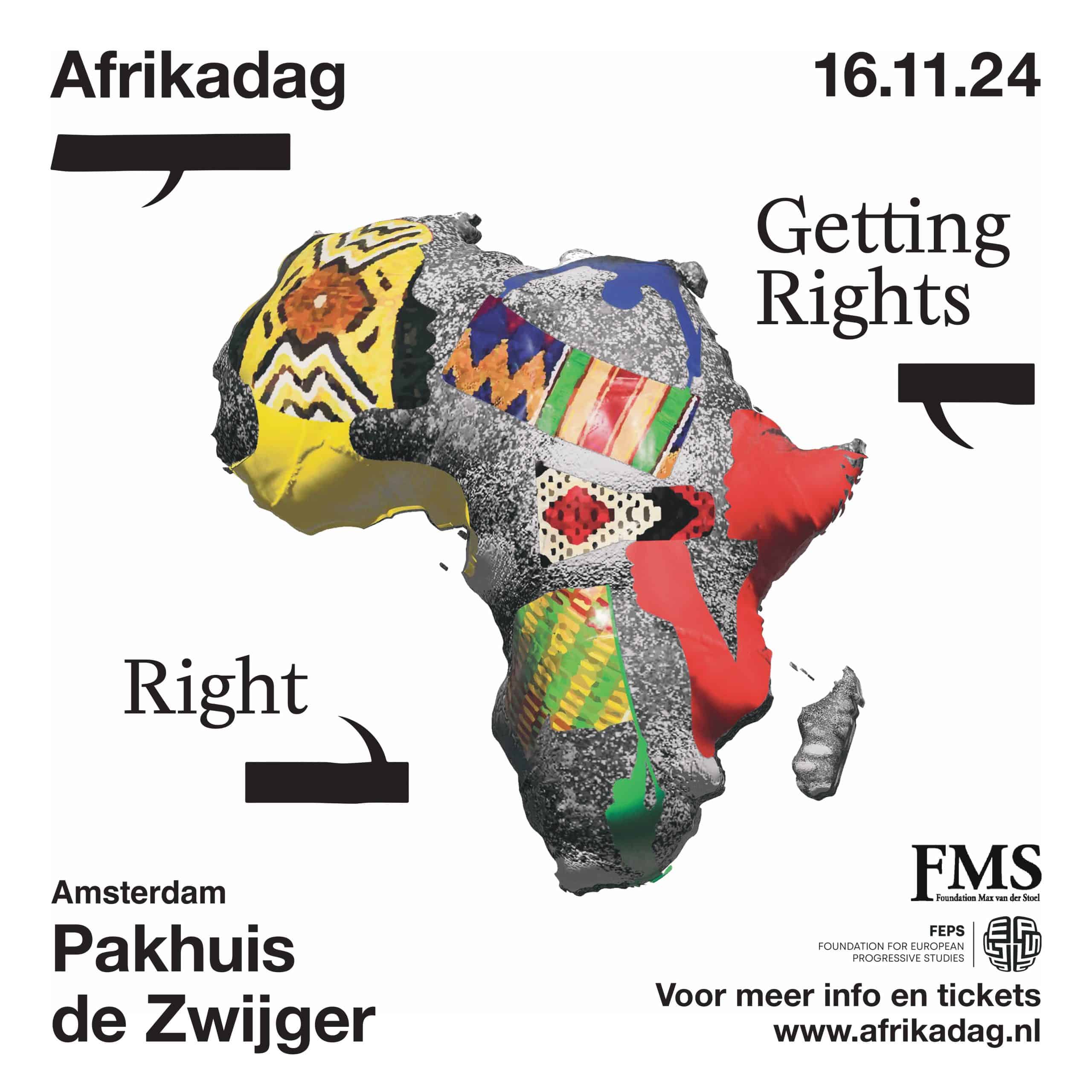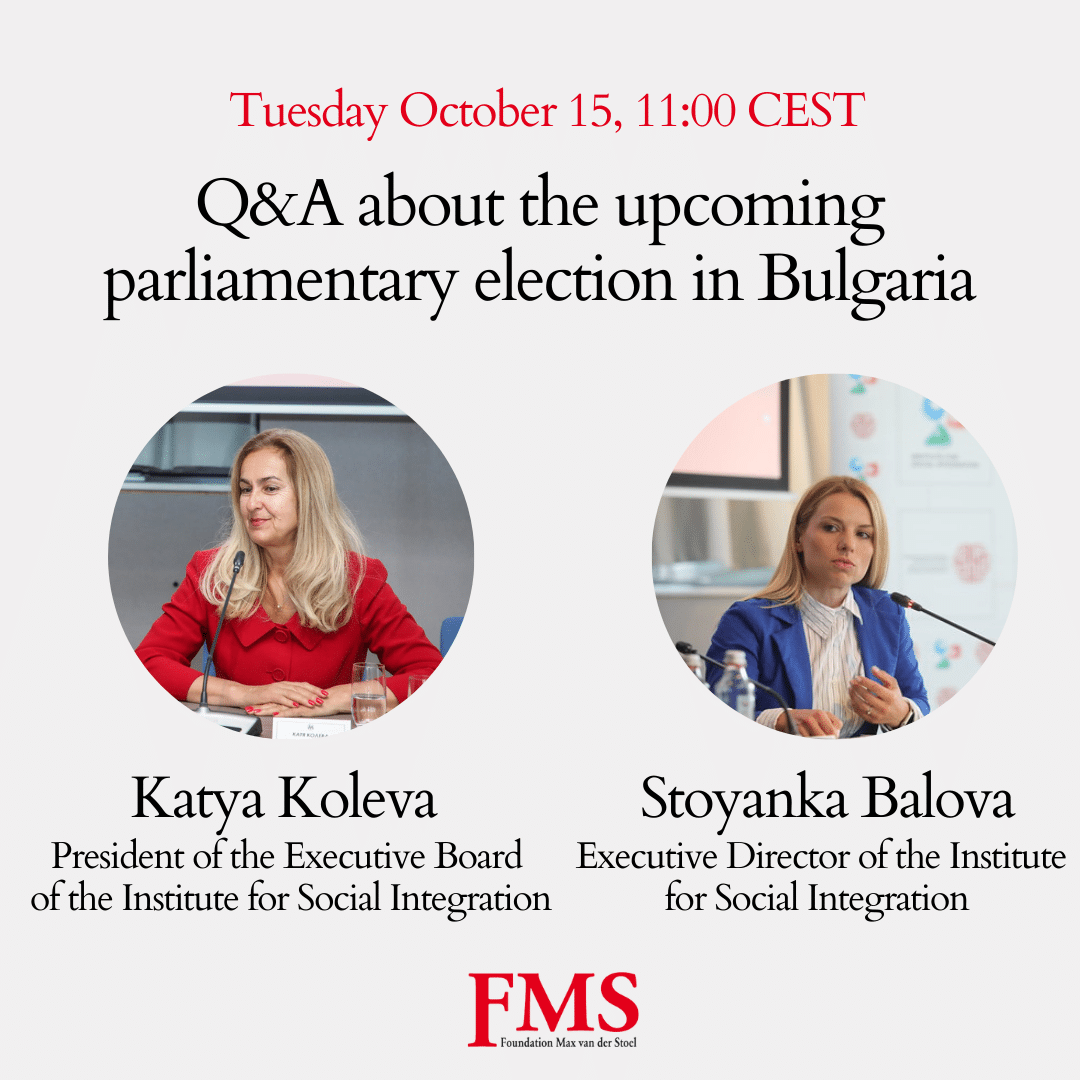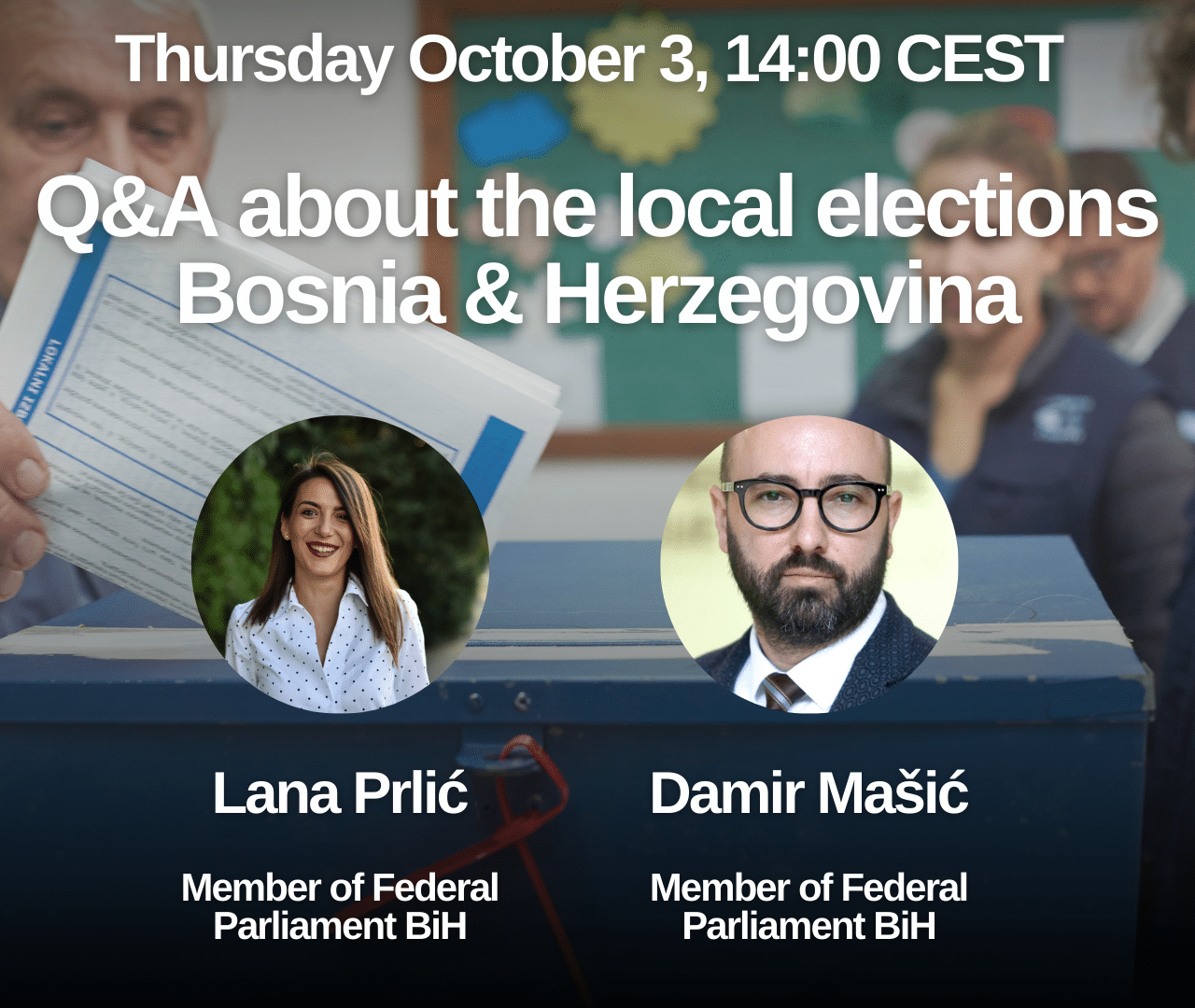Last week, representatives of Ukrainian aid organisation Vostok SOS were in the Netherlands to draw attention to the important work they are doing in Ukraine. Besides the Ministry of Foreign Affairs, among others, FMS also had the honour of hosting the representatives. FMS also organised a meeting for interested parties in The Hague together with the Netherlands Helsinki Committee and Libereco.
Yuliia - who has been involved with the organisation since its inception - stressed that the work did not start with last February's invasion, but that Vostok SOS has existed since the Russian aggression in Crimea and eastern Ukraine in 2014. The organisation began as a hotline for victims of the violence of war. "In the beginning, we had few staff but already many people were using the hotline. We did not have fixed working hours but worked as long as necessary."
Through the hotline, injured people can be evacuated by bus. In urgent situations, they are then taken by train to a hospital, for example in Dnipro. Meanwhile, transport to Berlin is also arranged for people with illnesses and reduced mobility. According to Vostok SOS, around 50 Ukrainians are now receiving medical help there.
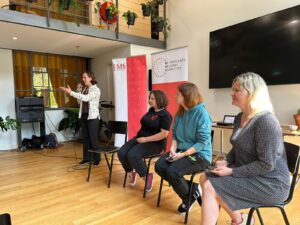
That the organisation can now also take wounded people abroad symbolises the huge growth in both the number of staff and the organisation's remit. The now around 300 staff - in addition to the hotline - are also involved in education for schools now in occupied territory. In many cases, the organisation manages to get teachers to continue teaching through video links.
It also employs psychologists to provide assistance, among other things, and Vostok is committed to renovating old buildings. This makes these buildings suitable for accommodating immobile evacuees.
So while Vostok SOS is already contributing to helping war victims in several areas, the representatives did touch on some other problems facing Ukrainian society. For instance, Vostok feels that not enough thought is given to the help that an area needs immediately when it is liberated. For example, there is also a shortage of drinking water, shelters are often in poor condition and - in areas close to the front - the number of rabies cases is increasing due to a shortage of vets.
Despite this large list of challenges and the fact that the vast majority of foreign aid to Ukraine goes to the army, Yuliia personally does not think that aid should be distributed differently. "The army remains the most important, only they can stop Russian aggression which is the cause behind the problems."

